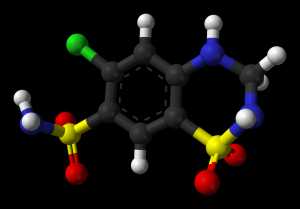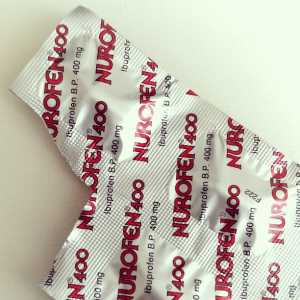Author Interviews, Blood Pressure - Hypertension, JAMA, Pharmacology / 17.08.2018
Triple Low Dose Combination Pill May Lower Blood Pressure With Fewer Side Effects
MedicalResearch.com Interview with:
Dr Ruth Webster PhD, BMedSc(hons), MBBS(hons), MIPH(hons)
Head, Research Programs, Office of the Chief Scientist
Senior Lecturer, Faculty of Medicine
UNSW Sydney
The George Institute for Global Health
Australia
MedicalResearch.com: What is the background for this study? What are the main findings?
Response: We know from previous research that 80% of the blood pressure lowering efficacy of any medication occurs in the first half of the dose whilst most side effects occur at higher doses. We also know that most people will require at least 2 blood pressure lowering medications to reach their target blood pressure and that combining multiple pills into one combination medication helps patients take their medication more reliably. There was therefore good evidence to believe that using three half strength doses in one pill would be better than usual care in helping patients to achieve their blood pressure targets.
We showed that, compared with patients receiving usual care, a significantly higher proportion of patients receiving the Triple Pill achieved their target blood pressure of 140/90 or less (with lower targets of 130/80 for patients with diabetes or chronic kidney disease).
It's estimated more than a billion people globally suffer from high blood pressure with the vast majority having poorly controlled blood pressure. Our results could help millions of people globally reduce their blood pressure and reduce their risk of heart attack or stroke.
(more…)









